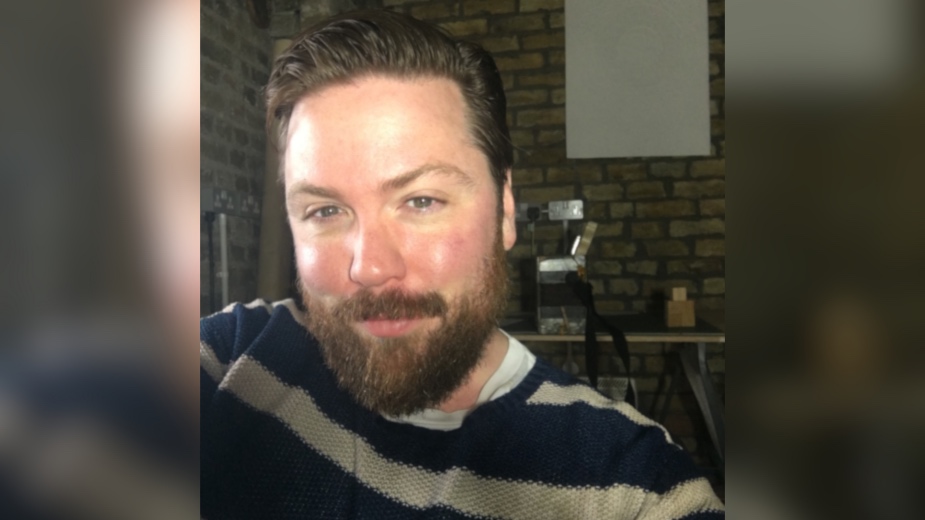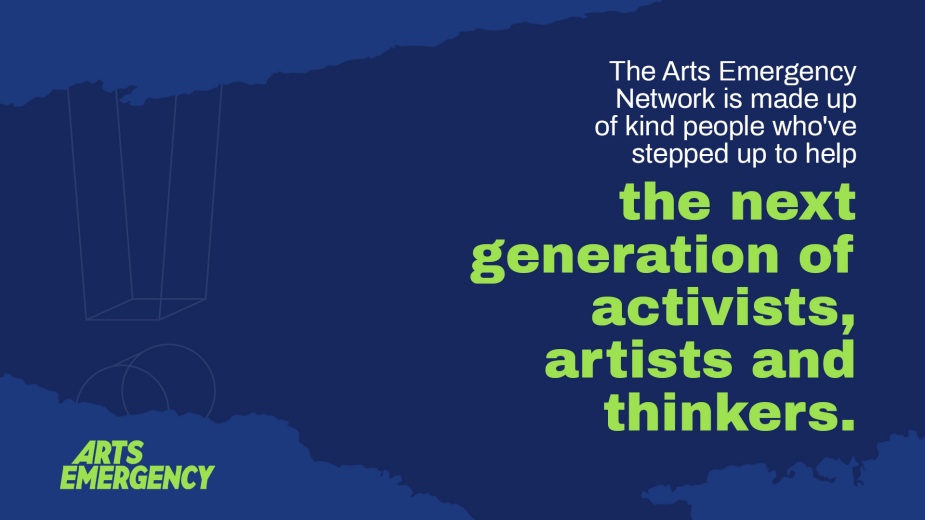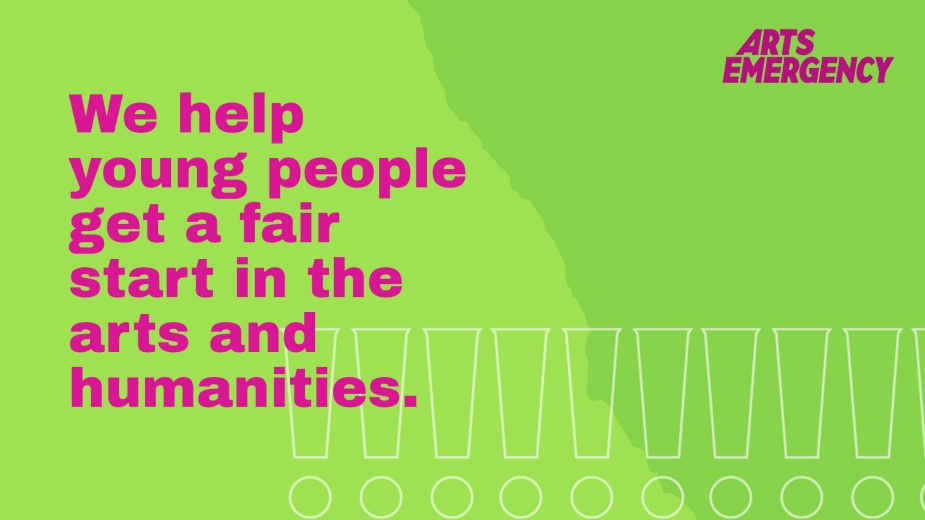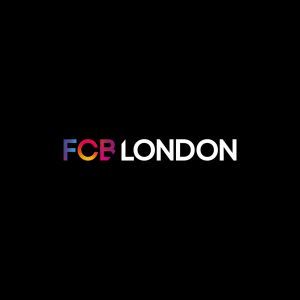
Fighting for Fatima: Why Arts Emergency’s Mission to Open Up Creativity is So Vital

So many people are locked down and locked out right now.
But - just like Fatima - they're not giving up on their dreams, and nor are we.
When the incredibly misguided' retrain' advert went viral a few weeks ago, the UK was outraged by the thought of those from creative industries being forced to retrain. Even more damaging, in my opinion, was the implicit suggestion that young people should avoid a creative path.
It's true that financiers can retrain quickly and easily to become politicians, in fact sometimes barely any training is required to make that switch one way or the other. But does this mean creative workers should follow suit? I think this would be an abysmal response. There is undoubtedly a crisis in culture right now, but it's a crisis of poor custodianship and hostile economic policy. People from privileged backgrounds are already more than twice as likely to land a job in a creative occupation, and the likelihood of someone from a working-class background finding work in a creative career has remained largely unchanged since 2014.
In the wake of this recession, young people are facing a dearth of internships, placements and vacancies, and up to five years of 'scarring' effects on their earnings. And to what cost our culture if only the wealthy can create it?
In dark times like these the appropriate response is not to repurpose our collective creative energy. In dark times like these, we need to harness that energy and imagine better - and harder - than we have before, and to imagine with a sense of renewed purpose.
I co-founded the charity Arts Emergency back in 2013 as a way to do something meaningful for the young people most affected by rising tuition fees and cuts. Now we're again facing economic recession and punitive measures for those seeking out a future in the arts or humanities. But I am hopeful today, as I was seven years ago, because I know we're blessed with a vast reservoir of untapped creative potential. And there'll be no recession of the imagination on the backend of this pandemic.
The range and scope of creative careers is phenomenal. Before Covid-19, around one in 11 of all UK jobs were in the Creative Economy. But at the same time influential people in the arts and media socialised in narrow groups, mistook structural privilege for meritocracy and accepted unpaid work as an inevitable first step in a creative career. This reliance on a shallow talent pool not only harmed young people's life chances, it was bad for the product, and bad for society. We can't go back there.

As a grassroots charity, Arts Emergency has been working hard to open up the sector. We have grown from a small collective in Hackney into a thriving network of thousands of individuals supporting young people right across the country. Our volunteers have signed up to mentor, share advice and opportunities. Whether it's a paid internship, CV advice or audition coaching, our Network has stepped up to help time and again.
Making the professional breakthrough has never been easy, and regardless of potential and passion, many young people can't access the networks and insider knowledge they need to give them a fighting chance. On top of this, the Cultural Learning Alliance estimated a decline in the hours of arts teaching in secondary schools of 23% between 2010 and 2018, and a 22% decline in arts teacher numbers. This is a trend we'll see continue with bursaries for arts and humanities teachers set to disappear in 2021. Funding is scarce, university is expensive and paid jobs in culture are at an unprecedented premium. It's rough.
Who isn't worried about the state of culture and education? Who suspects those words of Black Lives Matter solidarity will not be followed with action? Who among us would want to be a young person building a future right now?
But let's remember that creative people have changed the world before. Throughout the 1960s, 70s, and 80s artists and thinkers from every walk of life revolutionised music, comedy, art, theatre, poetry, TV, film, fashion, radio, even journalism and politics. The impact and economic aftershocks of Covid-19 and Brexit means it's going to be more challenging than ever. Still, unlike any generation that's come before, today's teenagers have to hand an unbelievable set of tools enabling them to write, film, record, draw, edit, organise and publish content to a global audience. And they do this, they do it a lot, and it's one of our greatest hopes for the future.

Even when locked down this spring and summer, the young talent we work with were pursuing their passions through online workshops, careers talks, one on one mentoring and professional introductions. We set up 70 digital work experiences, and one young woman even got her first job at the BBC.
To rebuild and come back stronger, the things our sector and our society desperately needs are boldness, kindness, renewed optimism and above all, new ideas. These are superpowers, and our young talent possesses them in abundance. Let's get them in and help them on - that's why we've set ourselves an ambitious aim to be supporting 4,000 young people by 2025. Change is not something that happens; it's something we do.
Read more about the Arts Emergency rebrand here.













